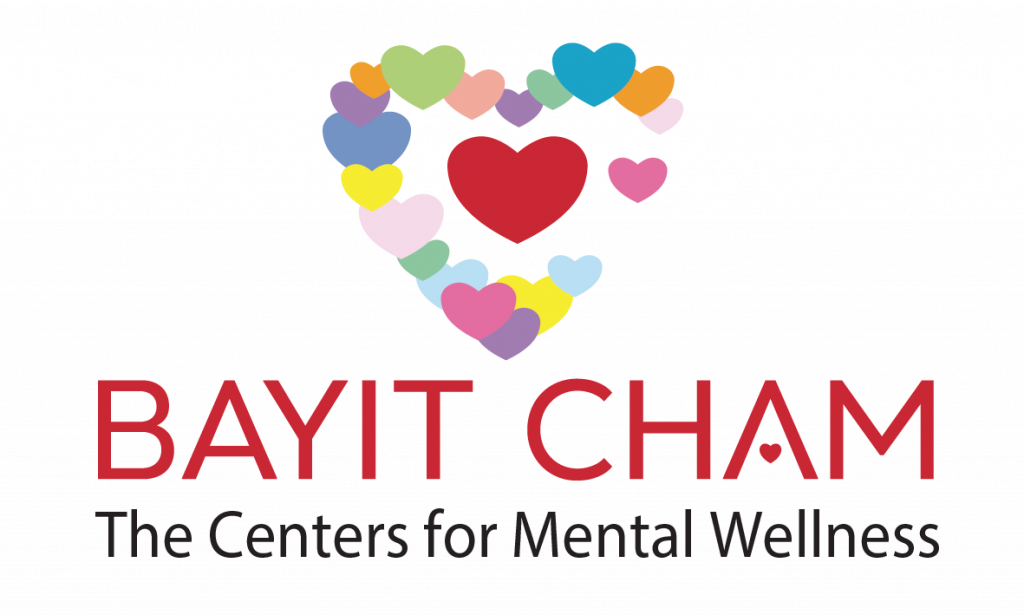David Bublil is a 58-year-old blind Jerusalemite. He is married to Osnat, a father of three, grandfather of eight wonderful grandchildren, and works at Bayit Cham’s Technological Center in Jerusalem
David had vision problems from a young age that worsened over the years, and 14 years ago, he lost his sight completely.
From age 4, he studied at the Jewish Institute for the Blind, and in adulthood, he worked in various roles. He was a gardener, cook, driver, caregiver for the elderly, and more. Throughout his life, he was guided by a phrase from his dear brother: “What you can do, do!” and in general, David received many foundations for self-confidence from his family as a key to life: “There’s no such thing as ‘can’t’ – only ‘don’t want’!”
Wherever he worked, he demanded accessibility, accommodations, and, most importantly, care and respectful treatment. For him, visual impairment or blindness is not shameful, quite the opposite! A person with poor vision brings many personal skills to the job that are sometimes better than sighted people. His diligence, dynamism, assertiveness, and desire to provide for his family have indeed proven themselves in every job.
When he worked in a nursing home before he became completely blind, he was asked to continue despite his worsening vision. Yet, out of a great sense of responsibility for the well-being of the elderly (even though he had his own methods of bathing them), he decided it was no longer suitable. Since then, he worked in a rehabilitation factory in Jerusalem and sometimes took on occasional jobs when his vision allowed.
A few months ago, the factory closed. The feelings were difficult – it felt like the world was coming to an end. The workers were offered three optional places, and Bayit Cham was one of them. David checked into all three places and chose Bayit Cham for several reasons. The first and most important to him was the attitude. David says that Ze’ev and Sarah, the staff members, are so attentive to the needs, responsive to every person, caring, and work to create a good feeling about adaptations and foster a sense of togetherness. The “good morning” and the personal attention are worth everything. At first, when Ze’ev, the center’s social worker, received him, he went out of his way to make everything accessible to him, showing him where everything was located, letting him feel the types of screws, the work tools, all with great patience.
In addition, David’s role in dismantling electronic waste that arrives at the center for refurbishment is like a glove to the hand. This is what he loves to do and even does at home as a hobby😉
In honor of “Blind Day,” the awareness day for people with blindness and visual impairments, David has an important message for society as a whole and especially for employers: “What the blind person doesn’t see is only with the eyes. He has a brain and senses, and he can do everything, even better than a sighted person. All accommodations are paid for by the state, and he receives an employee who does quality work that is worth a lot of money. The sighted person needs to make the environment accessible to the non-sighted person, and the employer needs willingness to give him a chance and not reject him. He should voice his concerns because the blind prospective employee can provide solutions that the employer needs to hear.”
We endorse David’s message and recognize him as an amazing person. We are proud of the path he has taken in life and grateful for what he teaches us. ❤️💪 Well done, David!!🙏
Employers – partner with us to create inclusive workplaces! Contact us at 054-9800073

